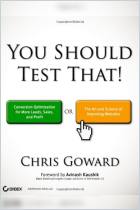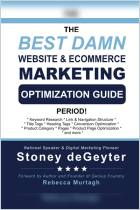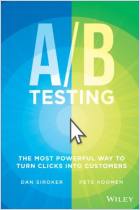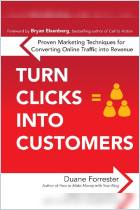Tim Ash provides long-term strategies that solve the guessing game of Web page improvement and give you an effective battle plan – but don’t expect overnight, quick solutions. Landing page optimization – a process of diagnosing, tuning and testing – is detail work. Although Ash refers often to his own Web page “tuning” firm, he also shares ample valuable information your business can use. He wrote this book for the team behind a Web site’s design, including those involved with content, user experience, media, marketing, advertising, product management and affiliate management. getAbstract believes that anyone who wishes to do a thorough job of refining a site’s landing pages can rely on this precise, detailed and knowledgeable manual.
The Landing Strip
Your Web site’s landing pages are the ones consumers get to first. Your landing pages can be your home page and a few pages inside your main site, stand-alone pages or pages that combine to form a “microsite” targeting a specific audience. Study what your site’s visitors tell you through actions you can measure. They provide the best feedback on what works and what doesn’t. Use that data to guide your landing page optimization project.
Many home pages try to address all visitors’ needs equally and to direct visitors where they want to go. But that isn’t all you need to do to create effective landing pages. Instead of helping every kind of visitor, craft landing pages that help your priority visitors, the repeat customers who seek “mission-critical content” from your site. If your “business’s performance would grind to a halt if you removed certain content from your Web site,” that content is mission critical.
Planning and Strategizing
To get landing page optimization right, the manager of the optimization project needs to create an action plan and prepare for possible snags. He or she is responsible for the team, as well as any project...


















Comment on this summary or Start Discussion